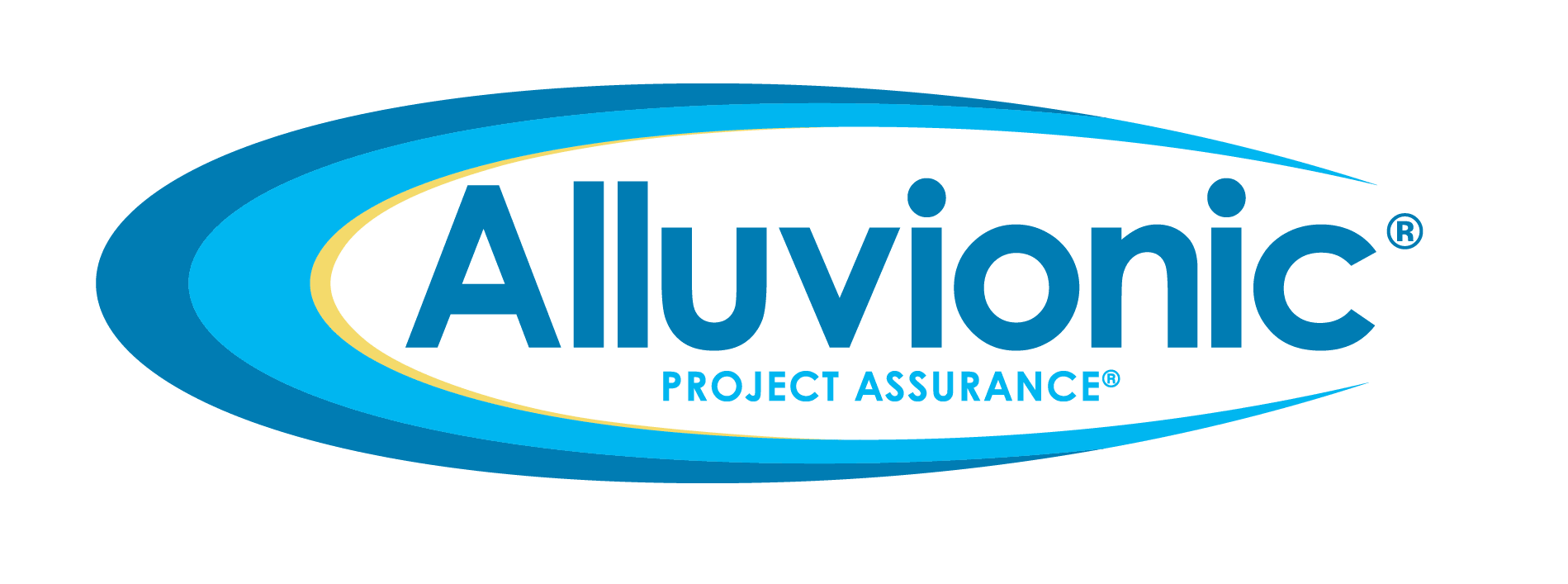Home » ISO 9001 FAQs
ISO 9001 FAQs
Cut through the jargon and get the facts on ISO 9001 certification and compliance.
- ISO 9001 is the world’s most recognized quality management system.
- Certification improves efficiency, reduces risk, and enhances customer satisfaction.
- For government contractors, it can be a competitive differentiator or requirement.
- Provides a framework to scale operations and maintain consistency.
- Supports alignment with other compliance standards like AS9100 or CMMI.
- Alluvionic guides clients through every stage of the ISO 9001 journey.
- We provide:
- Gap analysis and readiness assessment
- Customized project plans tailored to your organization
- Documentation and internal audit support
- Staff training and knowledge transfer
- Ongoing compliance and interim health checks
- Certification transforms processes into lasting organizational capability.
Start your ISO 9001 journey with guidance you trust.
ISO 9001 Explained: What It Is and Why It Matters
You’ve probably come across ISO 9001, maybe it’s mentioned in a government RFP, or your prime contractor keeps bringing it up. If you’re like many small to mid-sized government contractors, you’ve got questions. Here’s a straightforward guide that breaks down what ISO 9001 is, why it matters, and how to move forward with confidence.
What is ISO 9001?
ISO 9001 is the world’s most widely recognized quality management system (QMS) standard. It helps organizations consistently deliver products and services that meet customer and regulatory requirements. Think of it as a blueprint for how your business can operate efficiently and improve continuously.
Quick fact: ISO stands for the International Organization for Standardization. Despite the acronym mismatch, it’s not a typo. “ISO” is derived from the Greek word isos, meaning equal.
Is ISO 9001 required for government contracts?
Not always. But it’s often a strong advantage, or an outright requirement in competitive bids. Agencies and primes know that an ISO-certified contractor has a structured, reliable approach to quality. In short: ISO 9001 won’t win you the bid alone but not having it could lose you the job.
What are the key benefits?
ISO 9001 isn’t just about checking a box. Here’s what it can do for
your organization:
- Boost Efficiency: Standardized processes mean fewer errors and rework.
- Win More Business: Many government and defense contracts prefer or require certification.
- Reduce Risk: ISO’s focus on internal audits and process improvement helps you catch issues early.
- Customer Satisfaction: Better processes lead to better results which makes everyone happier.

How long does it take to get certified?
Timeline to certification depends on your company’s size, the scope of your quality management system (QMS), overall organizational complexity, and how prepared you are at the outset.
As a general guideline, for medium-sized businesses with moderate complexity, the ISO 9001 certification process typically takes about 6 to 12 months from initial planning through certification. Larger organizations with more complexity can expect a 12-18 month timeframe.
Pro tip: Partnering with an experienced consultant (like Alluvionic) can significantly speed up the process and reduce headaches.

How much does ISO 9001 certification cost?
The cost of ISO 9001 certification can vary significantly depending on factors like the size and complexity of your organization, industry, number of sites, and current QMS maturity. Costs vary by organization size and scope, but here’s a general idea:
- Registrar Audit & Certification Fees: $5,000–$15,000
Covers the official audit and issuance of your ISO 9001 certificate by an accredited registrar. - Annual Surveillance Audits: $2,000–$5,000 per year
Required to maintain certification over the standard 3-year cycle and verify continued compliance. - Recertification (every 3 years): $3,000–$7,000
Involves a full re-audit similar to the initial certification.
Keep in mind that consulting and implementation are additional expenses and often represent the most significant portion of your overall budget. Costs can vary widely depending on the level of support needed. This phase typically includes expert guidance to help design or enhance your quality management system, deliver staff training, and ensure your organization is fully prepared for the certification audit.
ISO 9001 is an investment, and many contractors see ROI through reduced waste, fewer defects, improved internal processes, and increased competitiveness in bidding for contracts.
What’s involved in the ISO 9001 process?
ISO 9001 focuses on a few key areas:
- Context & Leadership: Define your organization’s purpose, stakeholders, and leadership roles.
- Planning: Identify risks and opportunities and set objectives.
- Support & Operations: Ensure you have resources, documented processes, and controlled production.
- Performance Evaluation: Conduct audits, measure outcomes, and review performance.
- Improvement: Act on the data. Make your system better, every cycle.
Can we align ISO 9001 with our other compliance efforts?
Absolutely. ISO 9001 plays nicely with others. If you’re also dealing with CMMI or AS9100 then ISO 9001 helps by formalizing processes, risk management, and document control which are essential pillars in most compliance frameworks.
We’ve helped multiple clients achieve compliance with multiple frameworks at once. Read about how Brevard Achievement Center achieved both ISO 9001:2015 and AS9100 with Alluvionic.
Do I need to hire a consultant?
Technically, no. But if your internal team doesn’t have ISO experience, a consultant is a wise investment. A seasoned firm (like Alluvionic) helps you avoid common pitfalls, speeds up readiness, and gets you through your audit with confidence.
What happens during an audit?

An independent certification body (called a registrar) comes in to:
- Review your documentation
- Interview your staff
- Observe your processes
- Identify any nonconformities
If you pass, congratulations you’re certified. If not, they’ll give you time to fix the issues and try again.
How often do we need to recertify?
You’ll undergo:
- Annual surveillance audits (to check ongoing compliance)
- Full recertification every 3 years
Ongoing improvement isn’t just a best practice, it’s built into ISO 9001 itself.
Can ISO 9001 help us scale?
Yes. ISO 9001 is built for growth. As your business expands, the QMS gives you a framework for scaling operations without chaos. It also demonstrates maturity and trustworthiness to government clients
and primes.
What are common pitfalls to avoid?
- Underestimating the effort: It’s a serious commitment, don’t treat it like a side project.
- Skipping training: Your staff must understand the system, not just follow it.
Treating it like a checklist: ISO 9001 isn’t about paperwork it’s about process and culture.
Ready to get started?
Don’t wait for a contract to require ISO 9001. Proactively building your QMS puts you ahead of the curve and your competition.
Contact Alluvionic to schedule your ISO 9001 readiness assessment.
Read The Latest Process IMprovement NEWS

Why a Project Manager is Essential for Successful ERP Implementation
The Role of a Project Manager in ERP Implementation Implementing an ERP (Enterprise Resource Planning) system is no small feat. ERP systems integrate core business functions, from finance and operations

Making Change Work for Real Teams
Change. That little word that sparks excitement in leadership meetings and fear in just about everyone else. That’s where Organizational Change Management (OCM) comes in. More than just a buzzword,

How BAC Achieved ISO 9001 and AS9100 Certification with Alluvionic’s Support
Brevard Achievement Center (BAC), a nonprofit that helps people with disabilities through job training, employment, and community programs, wanted to improve how they work and grow their business by earning

